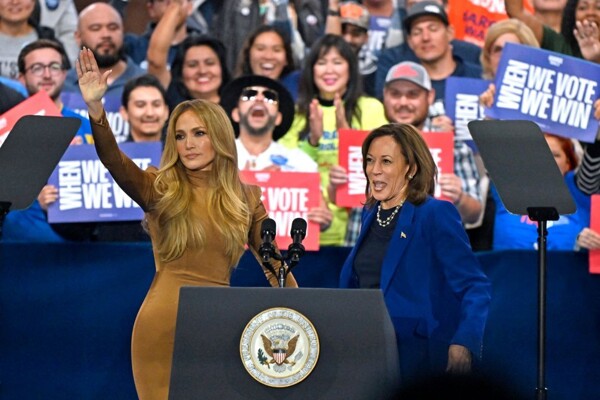
In Nevada, a key state in the elections, immigration has become a central issue influencing the presidential race. The state's economy, largely driven by immigrant workers, has generated significant changes in the labor market and in the daily lives of its residents.
Haydee Zetino, a Salvadoran migrant with temporary protected status, expressed her concern regarding the immigration policies proposed by Donald Trump, which could negatively impact the immigrant community in Nevada. Zetino emphasized the importance of recognizing the contribution of migrants to the state economy and how their labor is essential for sectors such as hospitality and agriculture.
Amid various proposals on immigration, some residents of Nevada highlight the need to address the complexity of the issue beyond simplistic solutions. Local organizations, such as the Latin Chamber of Commerce of Nevada, stress the importance of valuing the contributions of migrants to the state economy and advocate for a more balanced approach in immigration policies.
Guest worker programs in agriculture have sparked a bipartisan debate, with proposals for their expansion and regulation. In this regard, both the Trump and Biden administrations have taken actions that impact agricultural workers' access to temporary jobs in the country. Political decisions surrounding these programs have a significant effect on the state economy and on communities that depend on such labor.
As Nevada prepares for the elections, voters' perceptions of immigration and associated policies become crucial. Uncertainty and fear concerning potential changes in immigration policies create unease among residents, who value the contributions of the immigrant community to the economic and social development of the state.
Given the complexity of the immigration situation in Nevada, various local actors call for consideration of the human and economic aspects involved in immigration policies. Recognizing the work and contribution of migrants becomes fundamental amid a political and social landscape marked by polarization and uncertainty regarding the future of immigration in the state.













